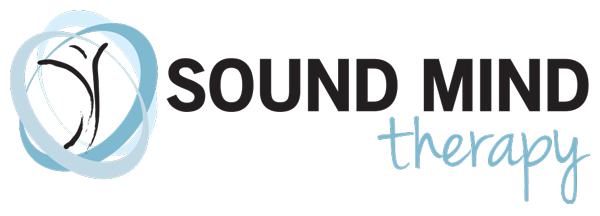Forgiveness is one of those words that carries a lot of weight. For many, it’s a term associated with religion, morality, or an emotional hurdle that’s tough to clear. Even so, it’s something most of us are called to practice throughout life. But what does it really mean to forgive? And how does forgiveness shape our well-being and relationships?
In Life Lessons, a powerful book by Elizabeth Kübler-Ross and David Kessler, the authors explore the depths of human experience, including the transformative power of forgiveness. They argue that while the act of forgiving can feel difficult or even impossible, it’s essential for healing our emotional wounds and regaining our sense of inner peace. Let’s dive into some of the profound insights they offer on forgiveness and explore why it may be more essential to our happiness than we think.
The True Meaning of Forgiveness
Kübler-Ross and Kessler remind us that forgiveness isn’t just about letting others off the hook. It’s about ourselves. According to the book, “Forgiveness is the way to heal our hurts and wounds; it’s how we reconnect with others and ourselves.” They point out that it’s not the hurt that we face that’s the issue—it’s the holding onto of that hurt. Life inevitably involves moments of pain, disappointment, and betrayal. But the real challenge comes when we refuse or fail to release those feelings.
We are not taught how to let go of resentment, and many of us carry grudges and unresolved hurt through our lives without ever realizing how much it weighs us down. When we choose not to forgive, we remain stuck in the past, unable to move forward or live fully in the present. As the authors beautifully put it: “The problem isn’t that hurt happens, it’s that we can’t or won’t forget it.”
The Price of Unforgiveness
The dangers of unforgiveness go beyond emotional clutter; they can manifest in physical and mental health issues, from chronic stress to depression. When we refuse to forgive, we risk becoming prisoners of our own anger. As Kübler-Ross and Kessler explain: “When we do not forgive, we keep the unhappy parts of the past alive and feed our resentments and become slaves to ourselves.” (pg. 198) Holding onto bitterness only creates more suffering—suffering that’s often invisible to those around us, but incredibly real to ourselves.
Forgiveness does not mean condoning or excusing the behavior that hurt us. It’s not a free pass for someone else’s wrongdoing. Rather, it’s about freeing ourselves from the emotional baggage that’s holding us back. The act of forgiving allows us to release the control that resentment has over us. It’s about reclaiming our peace of mind and choosing to no longer be defined by someone else’s mistakes or even our own.
The Power of Letting Go
Forgiveness can feel impossible, especially when the hurt is deep or when we feel like the other person doesn’t deserve it. But in those moments, Kübler-Ross and Kessler encourage us to remember: “The hardest part is then letting those feelings go because whatever they did was more about them than it was about us.” This realization is freeing—it shifts our focus away from the wrongdoer and redirects our energy toward healing ourselves.
When we choose to let go of resentment, we take back our power. Unforgiveness keeps us in the past, living with the weight of an incident or relationship that’s already gone. Letting go of that negativity is like giving ourselves permission to move forward.
Self-Forgiveness: The First Step
Interestingly, one of the most profound lessons about forgiveness in Life Lessons is about forgiving ourselves. Often, we are our own harshest critics, holding onto guilt, regret, or feelings of inadequacy. We can beat ourselves up for things we’ve done, or for things we wish we had done differently. However, “Ironically, the person we most often need to forgive is ourselves for what we have and have not done.”
Self-forgiveness is not just about releasing guilt; it’s about acknowledging our imperfections and understanding that we, too, are human. We all make mistakes, and sometimes those mistakes are a result of our own pain or misunderstandings. But just like others, we deserve the opportunity to learn from those mistakes and move forward with peace.
In Conclusion
Forgiveness is not a simple, one-time act; it’s an ongoing process of healing, growth, and self-care. By choosing to forgive, we reclaim our peace of mind and free ourselves from the emotional weight of past hurts. We stop letting others’ mistakes, or our own, define us. Whether forgiving others or ourselves, forgiveness allows us to move forward, not as victims, but as empowered individuals who are capable of flourishing beyond our pain. It’s a powerful choice, and one that can change the course of our lives—if we’re willing to make it.
If you are like so many who want to forgive but can’t bring themselves to do it because the offense was too big, then don’t hesitate to reach out to Sound Mind Therapy at https://www.soundmindtherapy.com/meet-our-therapists/
